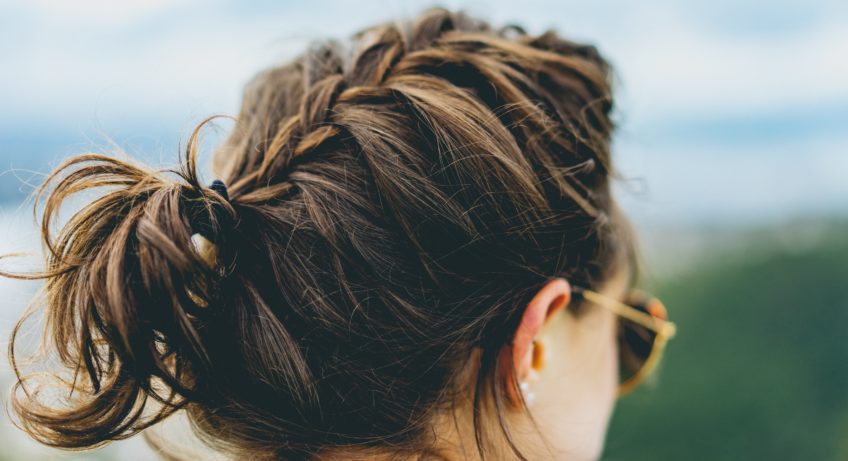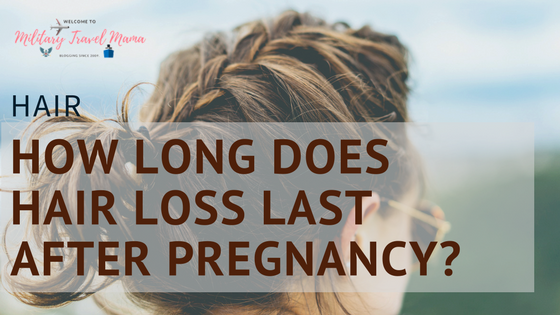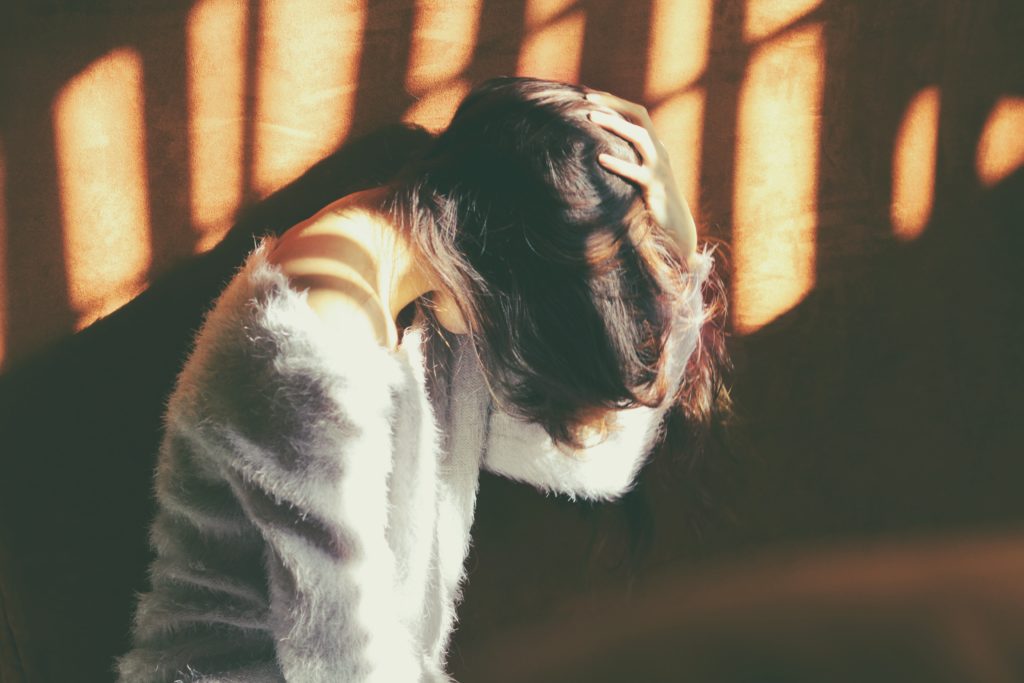Pregnancy is an extra-special time in a woman’s life. Her body changes in many ways.
One thing that most pregnant women notice is that their hair gets much thicker and more luxurious. The reason for this is that her hormones have put more of the hairs in the growth phase and less of the hairs in the resting phase.
Read also: 5 Resources Pregnant Military Wives Can Use At All Times
How Does It All Happen?
Hair, when it is actually growing, is in the anagen or growth phase. On the head, this lasts anywhere from two to seven years. Every woman is different, however, hair on the head generally grows about one centimeter a month.
When the hair stops growing, it is in the catagen or resting phase. This lasts about two to four weeks. The hair is still in the follicle but has stopped growing.
It then will enter the telogen or shedding phase. This phase lasts about three to four months. These phases vary on different parts of the body; hairs that are not on the head have different growth rates and lengths of phases.
The Most Important Post Pregnancy Hair Loss Factors
According to Hairlossable, hair growth is influenced by many things, including your general health, nutritional status, minerals in your body, medications, and, yes, hormones. During pregnancy, the placenta produces a large number of hormones, including estrogen. Estrogen slows hair growth and makes the growth phase longer. So, more hairs are in the growth phase during this hormonally rich time. Hair feels luxurious.
With the delivery of the baby and placenta, this source of hormones is abruptly cut off. All the follicles that had been recruited for extra hair growth now lose their stimulation. The majority switch over to the resting phase. There is not the same recruitment of hair follicles. Women may notice larger quantities of hair falling out on the brush for the next three to four months. This usually levels out and returns to normal after six to 12 months.
Stress Has a Major Impact
Other things that contribute to this problem are the stresses of being a new mom. The sleep deprivation that goes along with caring for a new infant stresses a woman’s body. A woman may have trouble taking the time to feed herself adequately, so she may develop nutritional, vitamin or mineral deficiencies that contribute to the hair loss. Many postpartum moms also put their hair up in tight ponytails, braids or cornrows. This causes some traction hair loss.
Several good ways to minimize this hair thinning include doing things that help take care of mom. Try to get some sleep. Eat a diet high in fruits and vegetables. Hair is much more fragile when it is wet, so be more careful then. If you use a hairdryer, set it on low. Don’t pull your hair into tight ponytails, cornrows or braids. Ask your hairdresser to recommend a shampoo and conditioner. You can also try supplementing your diet with Vitamin B complex, Vitamin C, Vitamin E, Biotin, and Zinc. Be careful not to exceed the recommended daily amounts. Also, check that you are not anemic or hypothyroid.




My wife started loosing hair and oh boy was she stressed. She even had a phase when she would consistently cry. I showed her this article and she felt some relief
The hair loss in addition to you losing your dignity after you have a baby is one of the worst things to go through. I cried when I saw strands of hair on my pillow. Thanks for sharing these tips to help fix that.